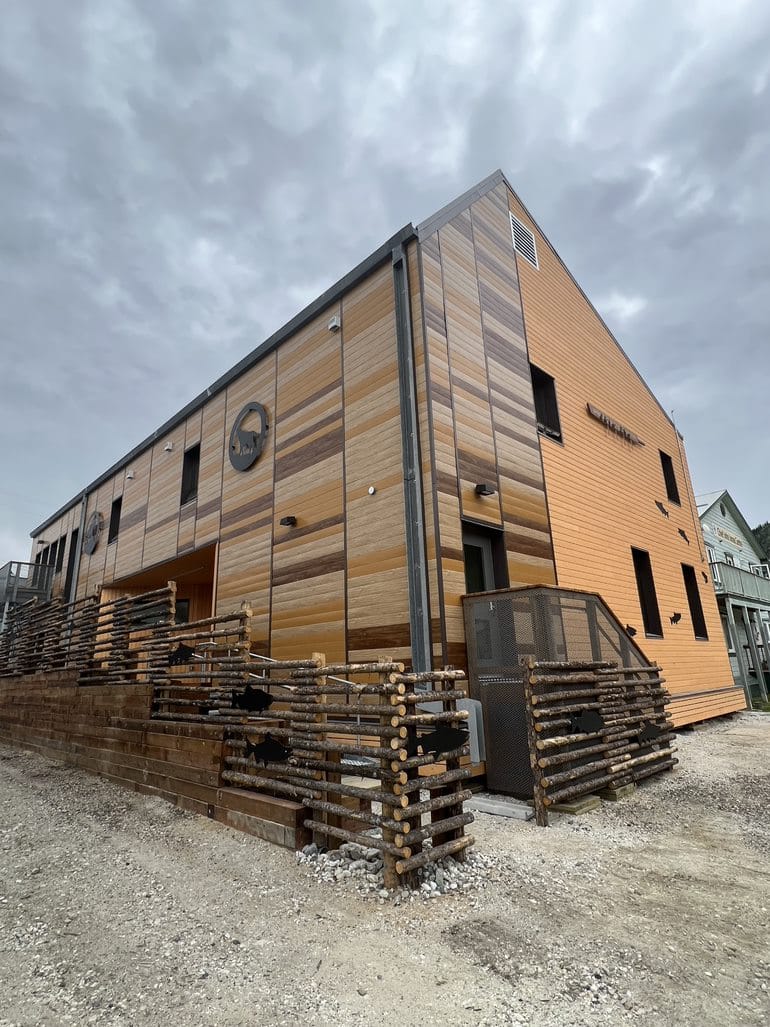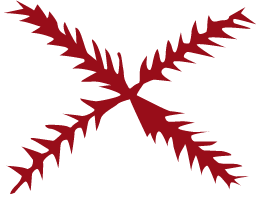The Department of Justice continues to develop with traditional teachings and knowledge, implementing Story Telling, Potlach and Land Based Healing. Working with internal and external government departments to create partnerships for implementing new pro-active justice programs.
He’s a good kid that went down a bad path. When they break the law, they’re looking for help. We will help them, but if they pursue a life of crime then we will support the system in putting them behind bars. How are we just letting these individuals walk free in and out of the courts and not give them the outlets they need to actually properly heal.
Chief Willie Sellars, Williams Lake.

The Department of Justice is also responsible for managing the Jëje Zho.
Jëje Zho (Men’s Shelter): (867) 993–7100 ext.225
Tr’ondëk Hwëch’in values will guide the work of developing a Department of Justice:
Connection
Being mindful that everything is connected; people, land, water, animals, everything, and that connections happen in many ways. Beware of black and white, linear cause and effect thinking. Supporting people to find belonging and their place in community, establishing and reaffirming their identity.
Balance
Working to restore balance and support people’s needs rather than focusing on right / wrong and punishment. Awareness of our emotions and what they can tell us about our needs.
Guidance
Helping people to be accountable for their choices, to be responsible as members of the community, rather than focus on punishing. Taking action to do things in the Tr’ondëk Hwëch’in way, and teaching other governments and agencies what this means. Understanding Justice as actions, the way Hän is a verb-oriented language. Engaging in the practice of mentorship to help others contribute to a Tr’ondëk Hwëch’in Department of Justice.
Openness
Having trust rather than trying to control, having humility rather than using power-over approaches. Willingness to learn from everyone and everything, taking the best knowledge available.
Everything above is embodied in Tr’ëhude teachings, Dënezhu laws, Tr’ondëk Hwëch’in stories, ceremony, and traditional knowledge, which teach respect as the foundation. We must always look to these for guidance as we work to build a Tr’ondëk Hwëch’in Department of Justice.

